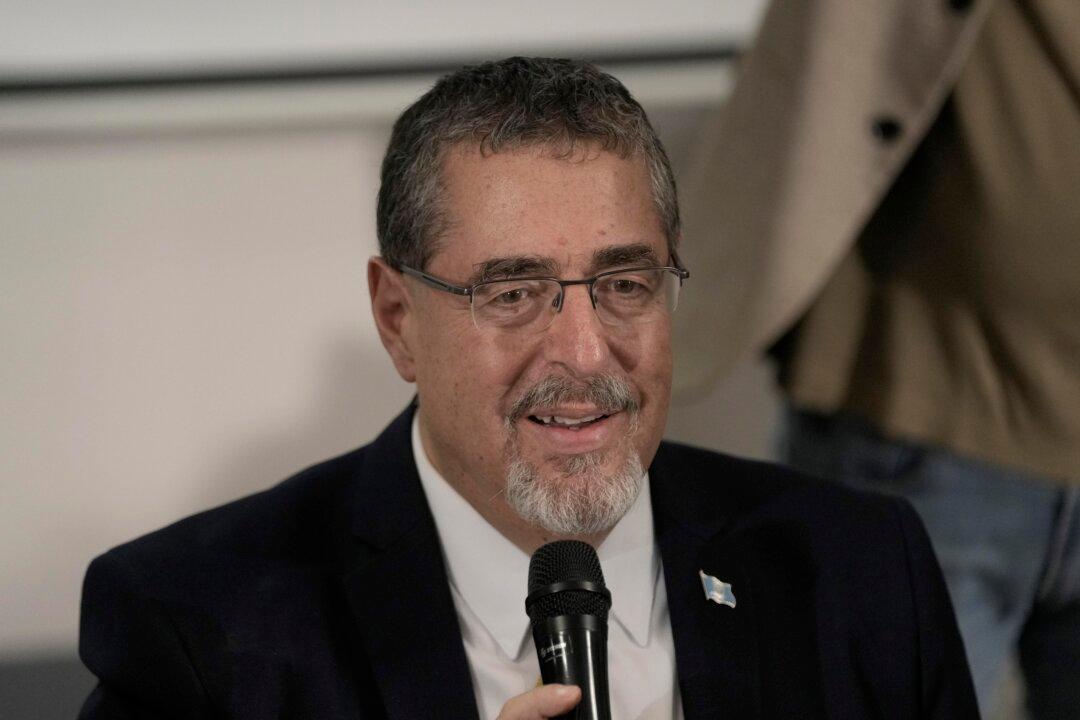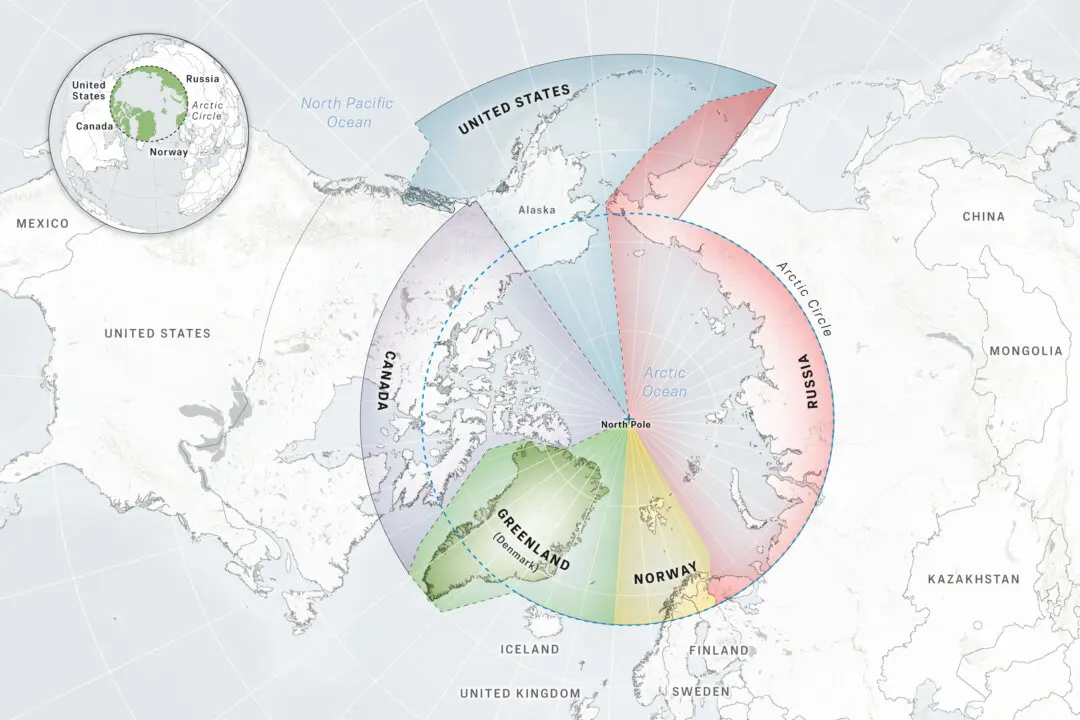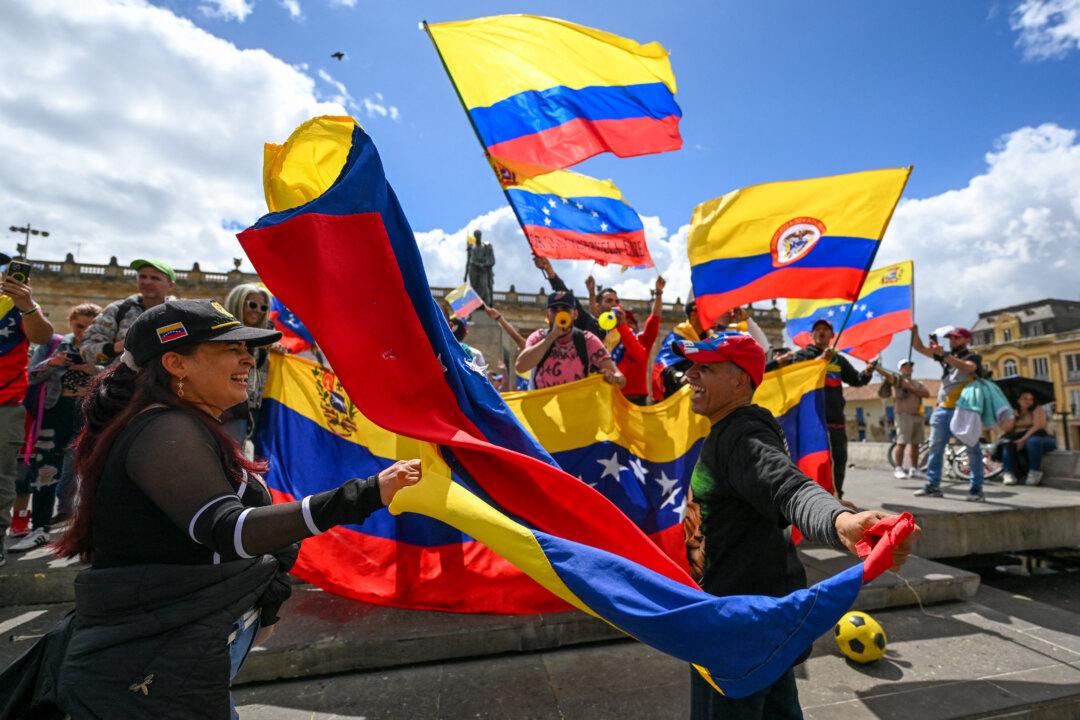When little-known politician Bernardo Arévalo was announced the winner of Guatemala’s presidential run-off vote on Aug. 20, it ended more than a decade of conservative leadership. But in the wake of Mr. Arévalo’s surprising win, analysts are expressing concern about the progressive president-elect’s goal to strengthen ties with China.
This could be especially troublesome for the United States—Guatemala’s top trade partner—and the politically embattled Taiwan. Guatemala is one of just 13 nations that diplomatically recognizes Taipei over Beijing. It’s also one of Taiwan’s two remaining allies in Central America.





